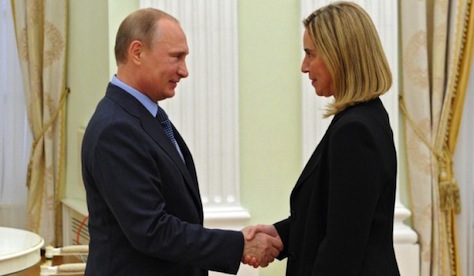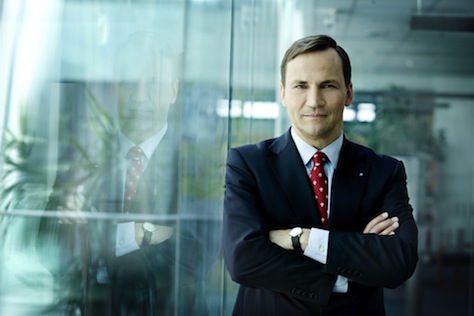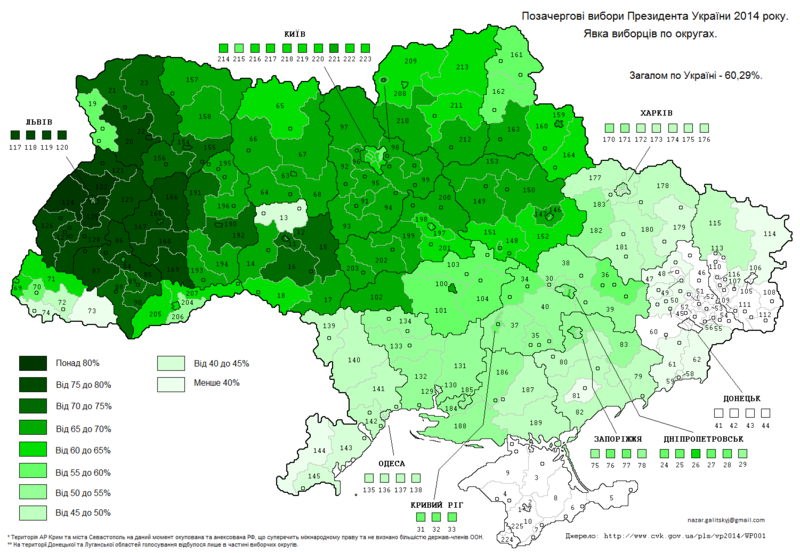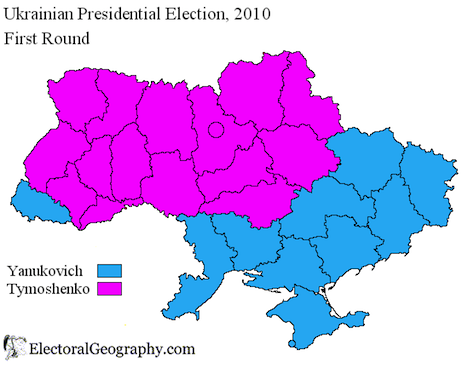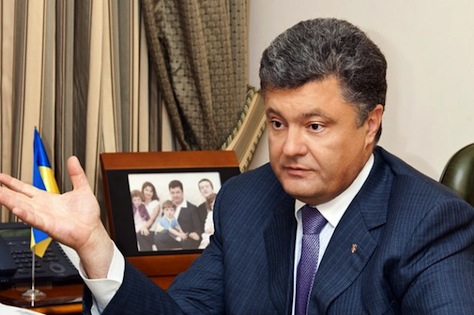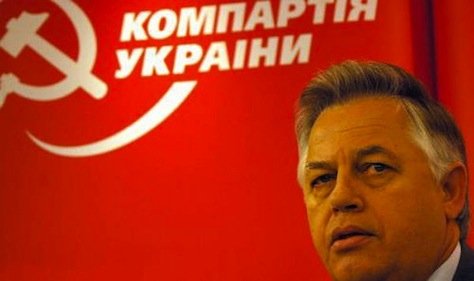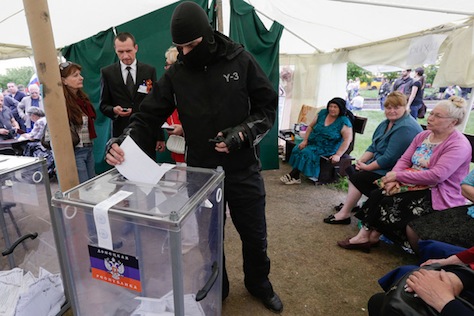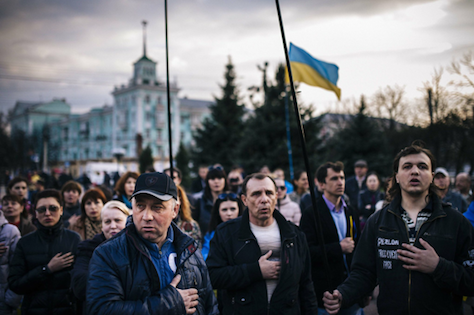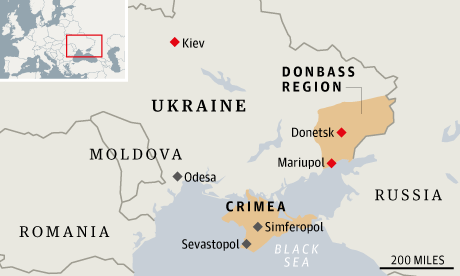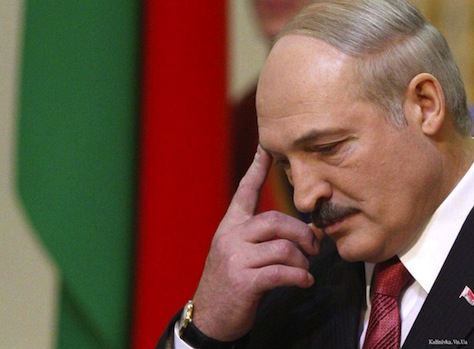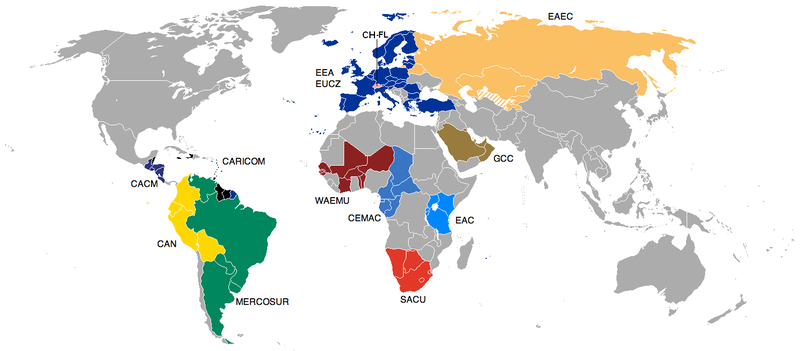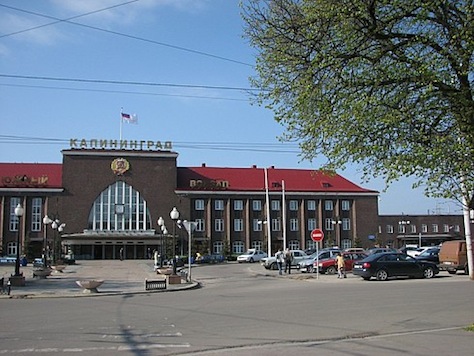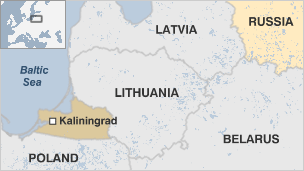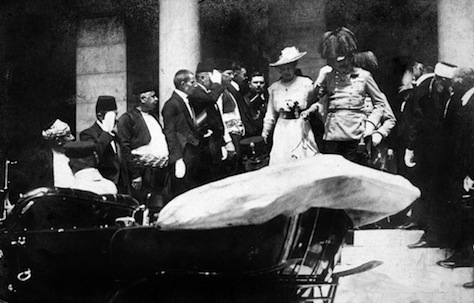I spoke to the London bureau of Voice of Russia earlier today to share some thoughts about Federica Mogherini (pictured above with Russian president Vladimir Putin), Italy’s still-new foreign minister, and her role in shaping EU foreign policy:![]()
He says that her appointment did surprise some because of her youth and the fact that she has no real top-level ministerial experience. However, “Within Prime Minister Matteo Renzi’s Democratic Party, she’s established quite a reputation as a rising star, particularly with regard to foreign policy. Beyond Renzi’s efforts of shaking up Italian policy paralysis, it was making quite a statement to appoint a 41-year-old woman as the new foreign minister”…
I argued that Mogherini and Renzi, who has now eclipsed French president François Hollande as the leading figure of the European left, are aiming for a more assertive Italian foreign policy voice. Mogherini has held forth on African migration to the European Union, Iran’s nuclear program, and the ongoing troubles in the Middle East, problems that have a significant diplomatic role for Russia as well as Europe and the United States.
I noted that though Mogherini, who is in Ukraine and Russia this week for talks with officials, is slightly more hawkish with respect to EU sanctions against Russia than perhaps former prime minister Silvio Berlusconi or former German chancellor Gerhard Schröder, her top priority is maintaining a united EU foreign policy, especially nine days into Italy’s assumption of the EU six-month rotating presidency.
Italy has grown closer to Russia over the past two decades, and Putin and Berlusconi enjoyed a strong personal relationship that bolstered ties between the two countries. In many ways, that makes Mogherini, like German foreign minister Frank-Walter Steinmeier, is a great EU conduit to Russia:
“I think it’s better to say that she’s likely to take a unified line, depending on where other leaders in the EU stand. In many ways, I think Mogherini is a great conduit to help smooth EU talks with [Russian Foreign Minister] Lavrov and other Russian officials.”
Though Mogherini could be mentioned as a candidate to succeed Catherine Ashton as the EU high representative later this year, I noted that Mogherini’s performance, strong as it may be, will be one factor in a set of discussions among the 28 EU member-state leaders that will also consider which states get which portfolios within the European Commission and that will consider the new president of the European Council. But with one of the frontrunners, Poland’s hawkish foreign minister Radek Sikorski, in some trouble for impolitic comments about his country’s bilateral relationship with the United States, Mogherini could emerge as a more conciliatory and diplomatic choice.
Photo credit to RIA Novosti.
